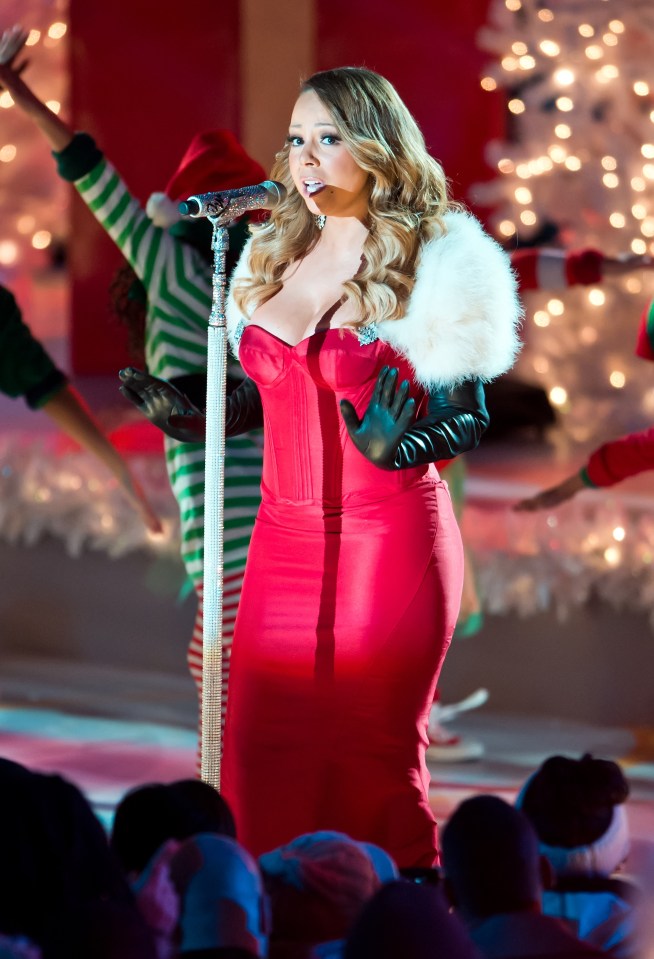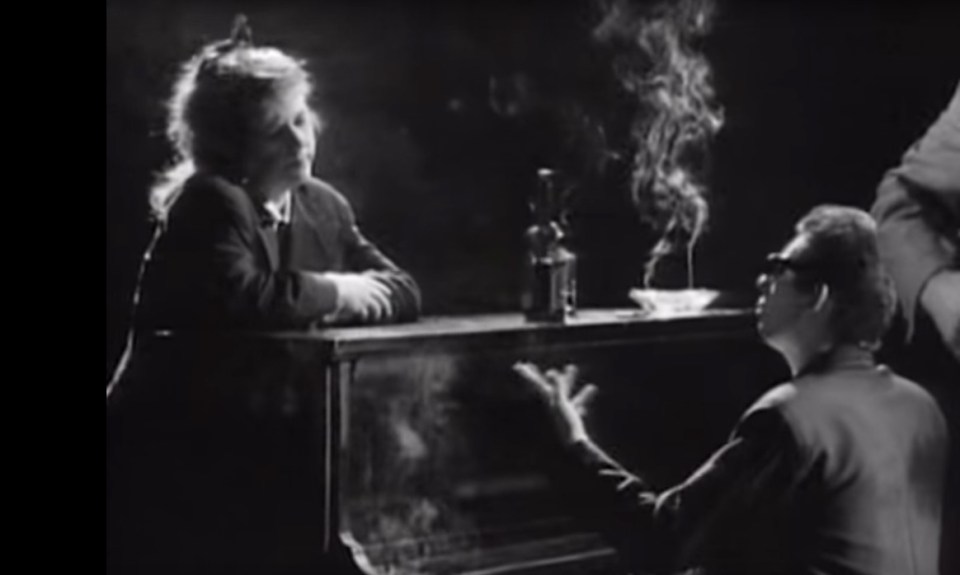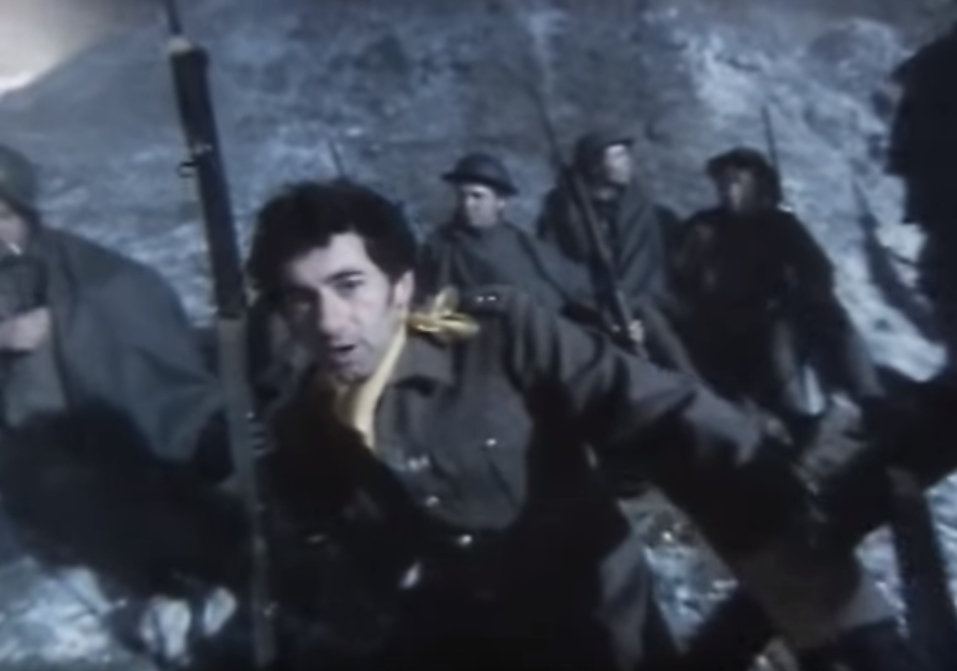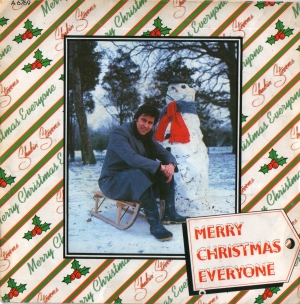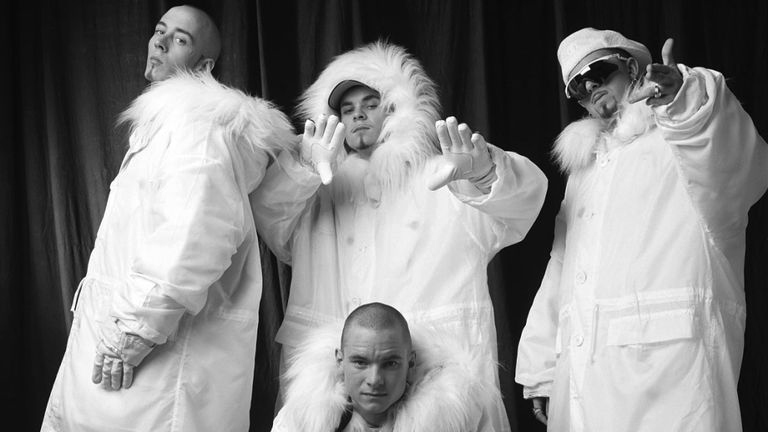WHEN it comes to Christmas, few things fail to capture the holiday spirit – twinkling lights, festive movies, and, of course, the nation’s favourite songs.
But while these tunes fill our homes with cheer, they also fill the bank accounts of their creators with staggering sums year after year.
Some of these seasonal hits have become financial goldmines, generating millions in royalties.
And not just for Mariah Carey.
In fact, while All I Want for Christmas Is You remains an everlasting favourite, she’s not the top earner in the world of Christmas music.
Another artist has quietly claimed the title, raking in an estimated £1million annually from a single holiday hit that continues to dominate charts and playlists every December.
READ MORE on Mariah Carey
Below, The Sun’s rich list reveals Christmas’s biggest earners in the music industry, with some surprising entries.
Slade, Merry Christmas Everybody.
Annual royalties: £1million. Total since release: £50million.
Noddy Holder and Slade musician Jim Lea penned the song, which reached number one in 1973.
It’s stood the test of time since then, re-entering the charts each year, and making a pretty penny for the pair who wrote and composed it.
Today Noddy, 77, has started performing again, six years after he was told he had only six months to live after a diagnosis of oesophageal cancer.
Noddy, worth around £25million, signed up to a chemotherapy trial which saved his life.
The Pogues and Kirsty MacColl, Fairytale of New York
Annual royalties: £400,000. Total since release: £14.4million.
Shane MacGowan and Kirsty MacColl’s duet was performed at his funeral by Glen Hansard and Lisa O’Niell as his family danced in the aisles.
The Fairytale Of New York singer died last November aged 65 following a battle with ill health.
His 1987 song tells the story of a couple arguing on Christmas Eve in New York City.
It was written by Shane and Jem, who said the song started out as a bet when the Irish band’s producer at the time, Elvis Costello, joked they’d never be able to write a Christmas single.
Jem Finer is an artist and musician with an interest in reconfiguring old technologies.
‘It’s not a blank, vacuous celebration of fun and over-consumption, rather a human story that many people can probably relate to,” he said of the song.
Mariah Carey, All I Want for Christmas is You
Annual royalties: £400,000. Total since release: £11.6million.
Mariah might not want a lot for Christmas, but why would she when this track makes her millions?
The song, which has appeared in hit films like Love Actually, has become a festive earworm since its release in 1994.
“When I wrote [it], I had absolutely no idea the impact the song would eventually have worldwide,” Carey said in 2021.
“I’m so full of gratitude that so many people enjoy it with me every year.”
She’s probably equally as grateful for the £11million it’s added to her fortune of £270million.
Wizzard, I Wish it Could be Christmas Every Day
Annual royalties: £180,000. Total since release: £9million.
Wizzard were a rock band formed by Roy Wood, a former member of the Move and co-founder of the Electric Light Orchestra.
Their biggest track, I Wish It Could Be Christmas Every Day, was released in 1973 and performed on Top of the Pops.
Famously, it peaked at number two in the charts after losing out to Slade in a battle of the true Christmas classics.
Roy, 77, is still bringing the festive magic with his event ‘Rockmas’, which this year stars features Paul Young.
Chris Rea, Driving Home for Christmas
Annual royalties: £200,000. Total since release: £7million.
Although this song was released in 1986 as a non-album single, it didn’t capture the public’s attention for another two years, climbing to the number one spot at Christmas 1988.
But all these years later it is still gives families a warm, fuzzy feeling inside.
It’s also given Chris’s bank balance enough of a boost to charter a private jet instead of driving.
Jona Lewie – Stop the Cavalry
Annual royalties: £120,000. Total since release: £5.4million
Jona, whose real name is John, says that thanks to the success of Stop the Cavalry in 1978, he now just “tinkers around” in his studio.
The song is an anti-war protest starting ‘Hey Mr Churchill comes over here…’
He admits he didn’t intend it to become a festive song “I absolutely did not sit down with the idea of writing a big Christmas hit. I don’t think I would have been able to.”
Jona added that it provides half of his back catalogue income.
Shakin Stevens Merry Christmas Everyone
Annual royalties: £140,000. Total since release: £5.32million.
Welsh singer and songwriter Michael Barratt had a hit number one with Merry Christmas Everyone (not to be confused with the near-identically named Slade song) in 1985.
Poor old Shakey himself only gets a small fraction of the £140,000 royalties though, as the key in the writing.
He picks up about £10,000, but the man behind the lyrics, Bob Heatlie, pockets a whopping £130,000 a year.
East 17, Stay Another Day
Annual royalties: £97,000. Total since release: £2.81 million
Boy band members Brian Harvey, Tony Mortimer, John Hendy, and Terry Coldwell’s iconic video for this chart-topping song saw them trekking through the snow in white fur coats.
After the song was released in 1994 Tony spoke of how he wrote it after losing his brother Ollie to suicide, but changed it into a love song about losing a partner.
He said: “I find it really awkward to listen to.
“When I go to the supermarket, I pray it doesn’t come on. My family never listen to it.”
